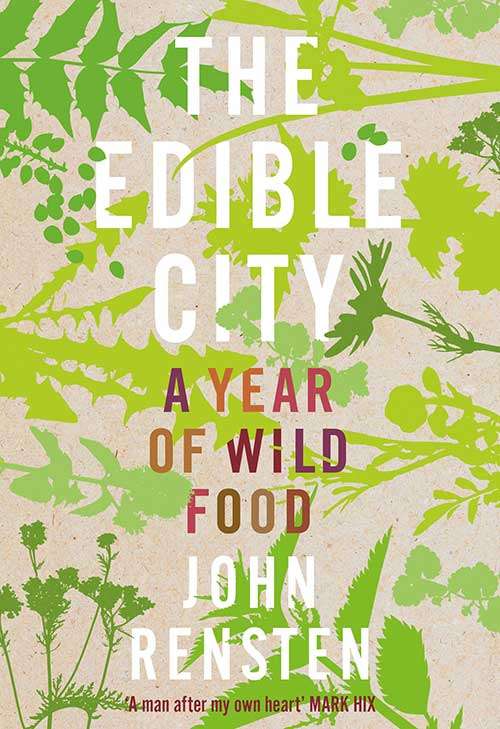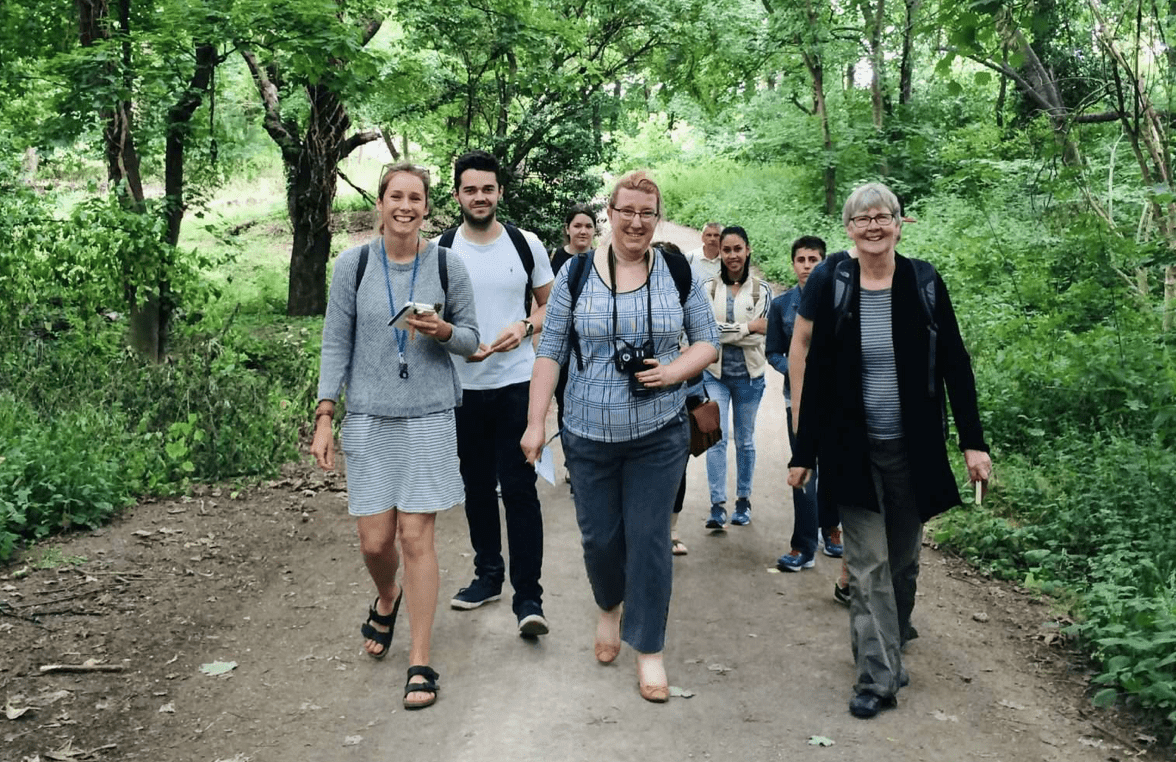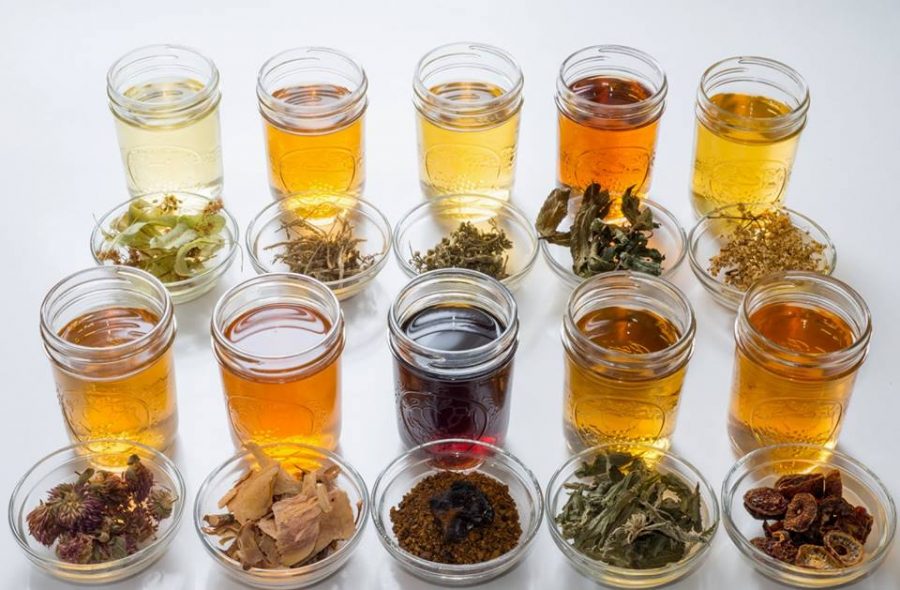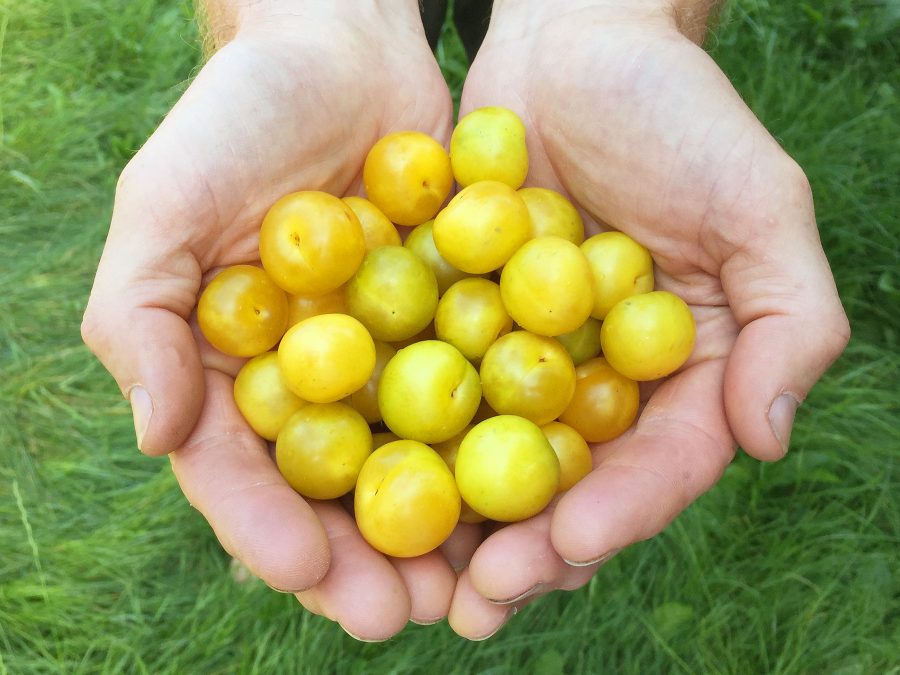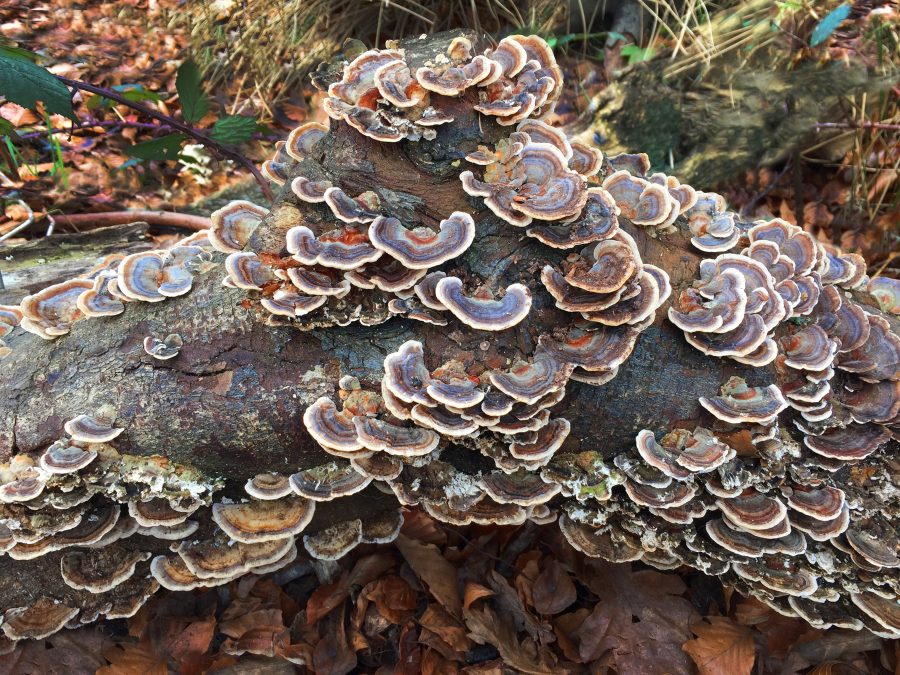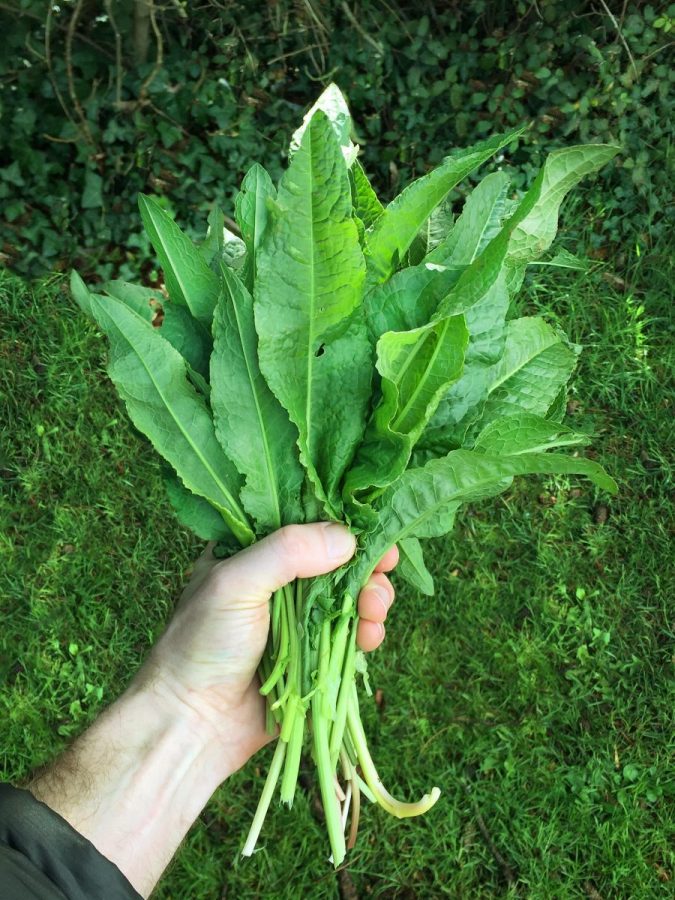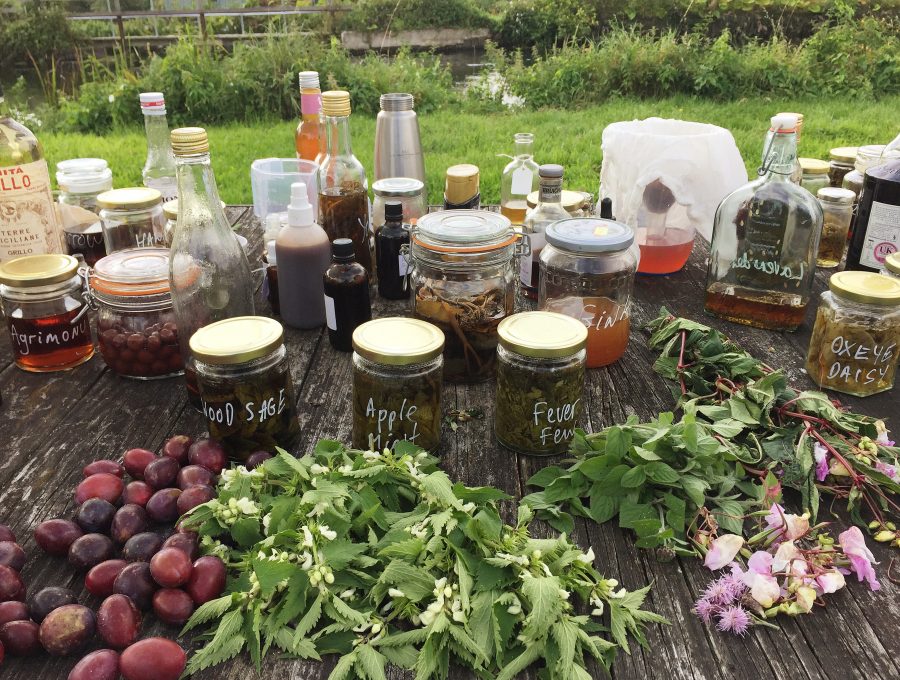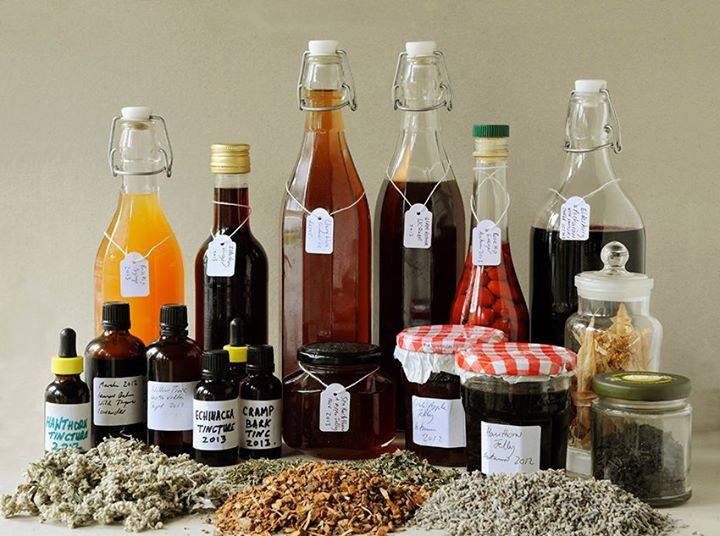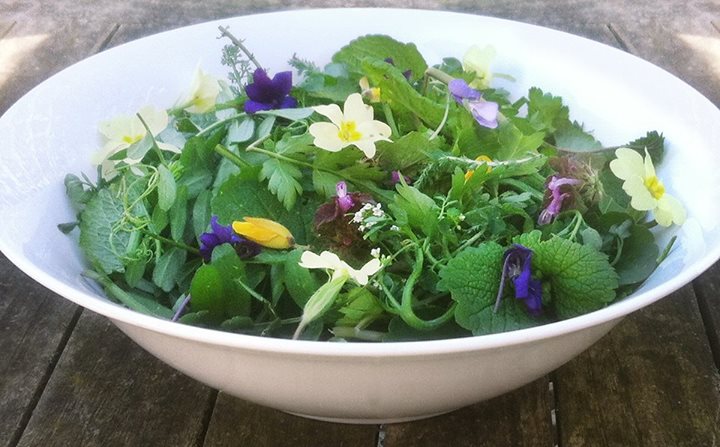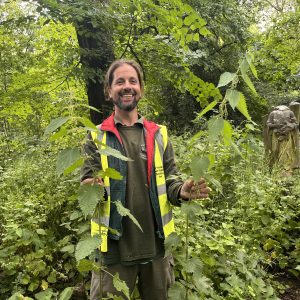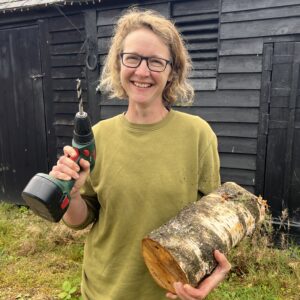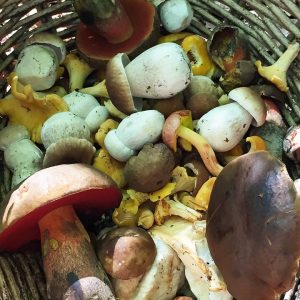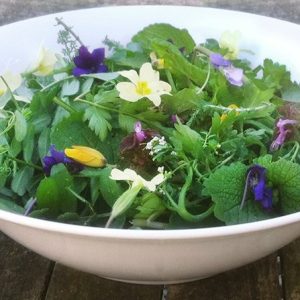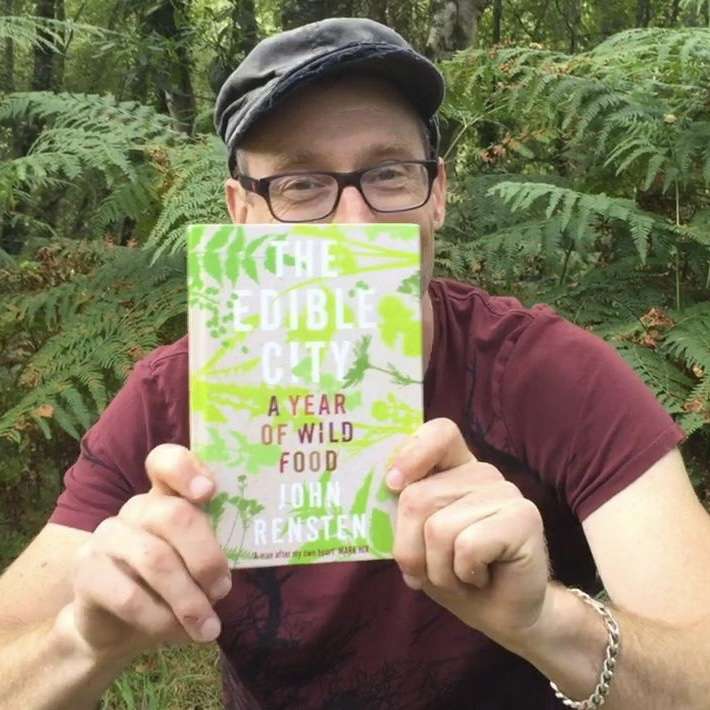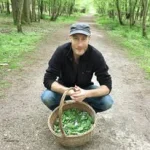Info
Join our wild food wild medicine event.
Join forager and intuitive herbalist, Charlotte Gordon for a fascinating morning exploring the edible and medicinal plants that thrive in the city. This walk lasts about three hours and involves safely picking and sampling various leaves, flowers, shoots and berries as we go along. There will be herbal remedies, tinctures and creams to try, made from different wild ingredients we have previously picked and prepared. You will learn to identify plenty of common wild plants and the conversation will touch on numerous topics, nutrition, traditional medicine, herbalism, botany, cookery, horticulture and local history.
All London walks last about three hours, involving safely picking and eating various leaves, berries etc as we go along with herbal remedies, tinctures and creams to try (made from different wild ingredients we previously picked), learning to identifying plenty of edible plants and discussion touching on numerous topics including, nutrition, traditional medicine, herbalism, botany, cookery, horticulture and local history.
Having grown up in London, it wasn’t until living on the Australian coastline in 2008 that the plant world came into focus. She studied at The School of Intuitive Herbalism and graduated as an Insight Herbalist. A type of herbalist that focuses on plants as medicine and understands ‘medicine,’ beyond the physical properties of the plants. Charlotte’s walks consider the relationship between food and medicine and what happens when we begin to have an intimate relationship with the life cycles of the plants around us.
Group Sizes
At Forage London you will never be part of a herd of 20 or 30 other people. Foraging is a mindful practice, looking at small details as well as the big picture, slowing down and taking time to enjoy the natural world. Always ask about group size if booking on to a foraging or wild food walk.
We offer intimate foraging walks for small groups, usually 12 or at most 16 participants. It makes for a more enjoyable experience with better communication within the group.
Smaller groups minimise the impact on the environment, reduce over-harvesting and ensure sustainability is pivotal in what we teach and practice. Additionally, we find that smaller group sizes allow for more personalised learning, as members can more easily share their stories and any tips on identifying edible plants and mushrooms.
This approach balances safety, efficiency, and environmental stewardship, making foraging a more rewarding and sustainable practice.
